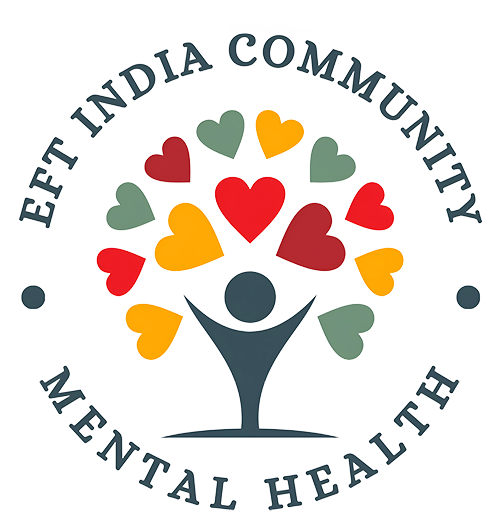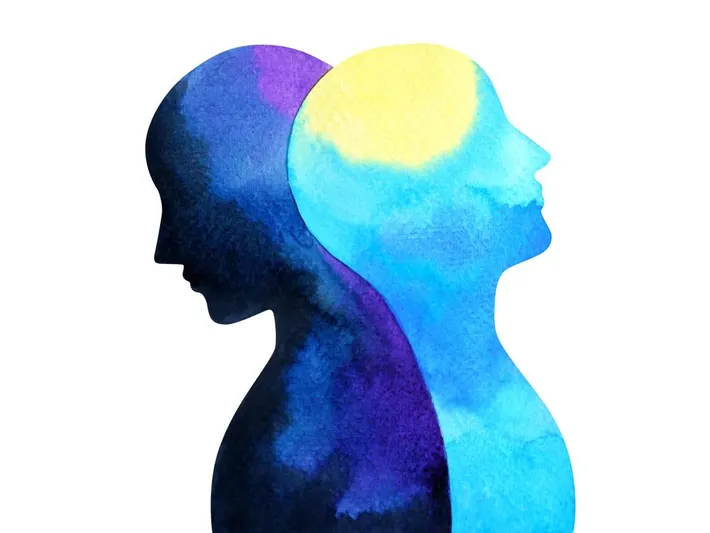
What if your emotional pain wasn’t a personal flaw—but a signal for healing and connection?
Many people in India grow up believing that emotions should be controlled, buried, or sacrificed for others. But what happens when these suppressed emotions show up as anxiety, depression, or recurring relationship struggles?
This is where Emotionally Focused Individual Therapy (EFIT) offers something transformative. Based on the same principles as Emotionally Focused Couples Therapy (EFCT), EFIT extends the model to individual healing—grounded in attachment theory, emotion processing, and relational neuroscience.
Let’s explore how EFIT helps individuals not just cope—but deeply heal from trauma and form secure, lasting relationships with themselves and others.
What Is EFIT and How Is It Different?
EFIT is a structured, evidence-based approach to individual therapy developed by Dr. Sue Johnson. It helps people understand their emotional patterns and attachment needs, especially when shaped by trauma, neglect, or difficult relationships.
Unlike talk therapy that focuses mainly on insight or behavior, EFIT:
-
Works bottom-up by helping clients feel and process core emotional experiences
-
Is attachment-focused, validating the universal need for connection
-
Uses present-moment emotional experiences to rewire relational patterns
The Power of Attachment in Trauma Healing
Our earliest attachment experiences shape how we relate to ourselves and others. When these bonds are insecure, we often internalize beliefs like:
-
“I have to be strong, no matter what.”
-
“If I show emotion, I’ll be rejected.”
-
“I’m not enough to be loved.”
These beliefs can silently fuel trauma responses, emotional shutdown, or hyper-independence—especially common in collectivistic South Asian families, where emotional needs are often minimized.
A 2015 study by Dalgleish et al. found that attachment-based interventions like EFIT help trauma survivors process core emotional wounds and improve relational security.
EFIT in Practice: What You Can Expect
A typical EFIT journey involves three key stages:
1. Creating Emotional Safety
-
Therapist helps you feel safe enough to tune into your emotions without judgment.
-
You begin to notice the patterns and protective parts that once kept you safe—but now block connection.
2. Accessing and Transforming Core Emotions
-
Beneath anger, avoidance, or perfectionism often lies sadness, fear, or loneliness.
-
EFIT slows down the process so you can feel and transform these emotions in a secure space.
EFIT uses emotion as the target and agent of change, which neuroscience supports as critical to trauma healing (Johnson, 2021).
3. Building a Secure Relationship with Self and Others
-
-
“My feelings make sense.”
-
“I can ask for what I need.”
-
“I am worthy of love and support.”
Once core emotions are processed, you can form new secure narratives:
-
Why EFIT Resonates Deeply in the South Asian Context
In Indian culture, emotional suppression is often normalized, especially for:
-
Women expected to prioritize family over self
-
Men taught to equate strength with silence
-
Queer individuals forced to hide core parts of themselves for safety
EFIT invites all people—regardless of gender, role, or background—to reclaim their emotions as valid, and build safety within.
Real-Life Examples of EFIT’s Impact
-
A 29-year-old woman struggling with people-pleasing discovered how her fear of rejection was rooted in childhood emotional neglect. Through EFIT, she learned to express needs without guilt.
-
A queer-identifying man carrying internalized shame began to soften his inner critic and build self-acceptance by revisiting attachment injuries in therapy.
-
A therapist in training used EFIT principles to connect more deeply with their own emotions and hold safer space for clients.
Why Every Therapist in India Should Explore EFIT
Therapists are often taught to prioritize insight or cognition, but true healing begins with emotional safety.
EFIT equips therapists to:
-
Work with deep emotional shifts, not just surface stories
-
Honor cultural complexity while making space for individual needs
-
Create secure therapeutic alliances, especially with trauma survivors
EFIT is gaining international recognition as a gold-standard for emotion-focused trauma work. (Explore more: APA – Emotion-Focused Therapy)
Is EFIT Right for You?
EFIT can be a powerful path if:
-
You feel emotionally stuck, overwhelmed, or numb
-
You’ve experienced trauma, rejection, or attachment injuries
-
You want to build deeper, safer relationships—with others and yourself
Ready to Begin?
Whether you’re a therapist, a trauma survivor, or someone longing for emotional clarity—EFIT offers a compassionate, research-backed path to healing.
Book a session to experience EFIT
Join our EFIT training in India to deepen your clinical skills
Your emotions aren’t too much. They are the doorway to healing.



